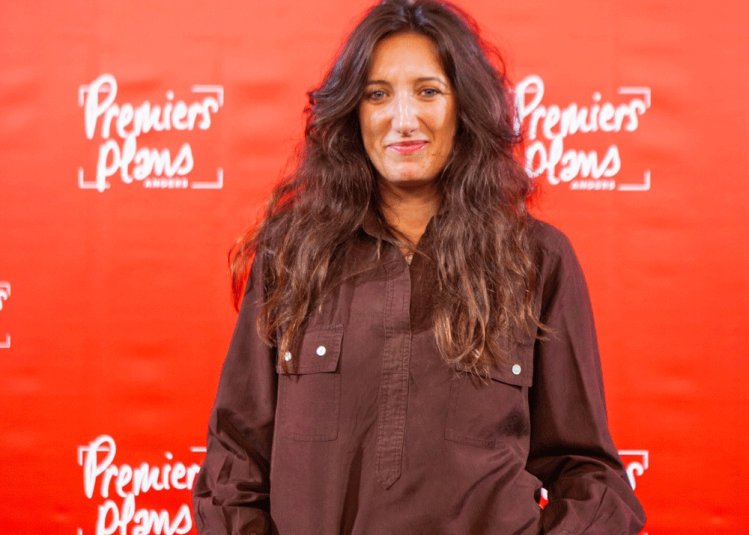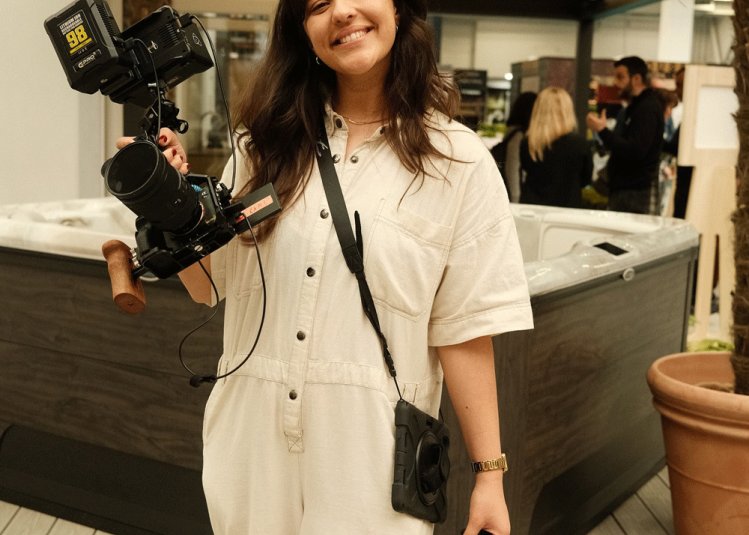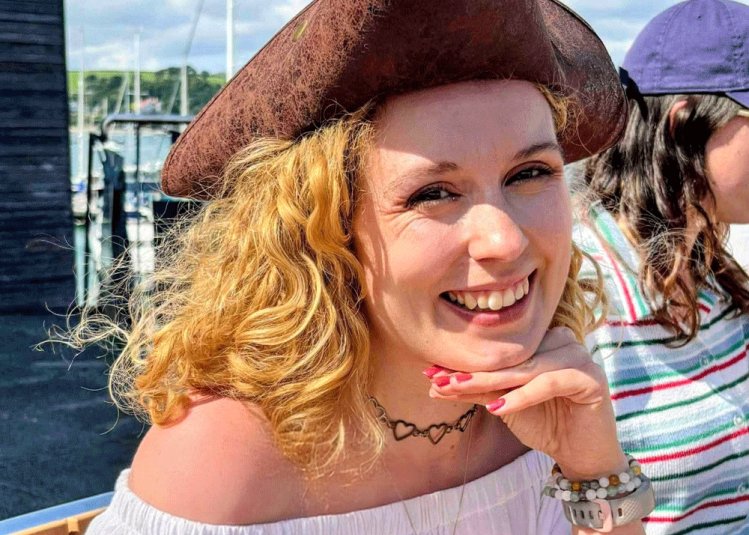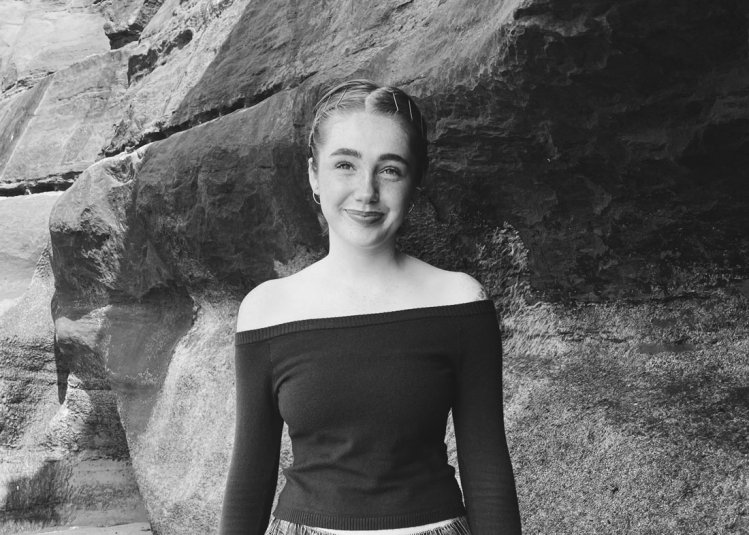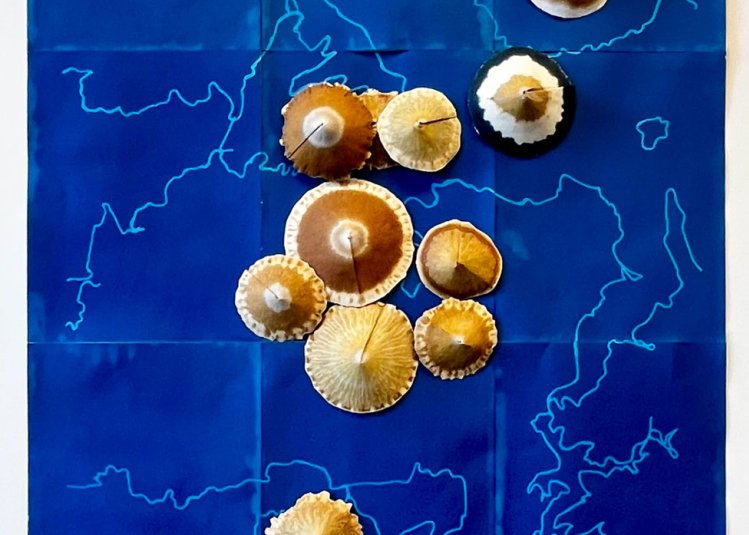Screenwriting alumnus sees student work recognised in prestigious competition
16 October 2025

After studying screenwriting online from his home in Costa Rica, a choice that allowed him to learn whilst remaining attentive to other commitments, Writing for Script & Screen MA (Online) alumnus Chris Campos has since submitted his student Final Major Project to The Final Draft Big Break, where his work reached the top ten of his chosen category – marking him as a finalist in the competition that received 12,000 entries globally.
We caught up with Chris to learn more about his series The Fading State, how he found the process of studying online and what he valued most from his time as a Falmouth student.
What can you tell us about The Fading State?
The Fading State is a fictional series about a cancer-stricken politician who fights to avoid being sidelined by his own party while clinging to his ambition of becoming Costa Rica’s president. Aligning with a subversive group of terminally ill individuals who fund their cause through illegal gold mining, Alejandro ignites a battle of power, corruption and survival—where his legacy and humanity are put to the ultimate test.
The story unfolds in a unique setting: Costa Rica, a country with no army. Here, conflicts cannot be solved through violence, so negotiation, alliances and betrayal take centre stage. Environmental themes are also essential, as the story reflects the real tension between economic ambition and the preservation of nature. Costa Rica holds around 6% of the planet’s biodiversity. In this context, people prefer to protect the environment rather than extract gold—making the moral conflict deeply relevant.
The series draws inspiration from historical events in Costa Rica and reimagines them through fiction. As the creator, my goal was to show that local stories can resonate globally—it all depends on the strength of the characters, the authenticity of the setting and the structure behind it.
Can you tell us more about The Final Draft Big Break 2025 and your process of entering the competition?
It is one of the most prestigious competitions for screenwriters worldwide, offering emerging writers the chance to get their “big break”. Being selected is a mark of quality that brings visibility within the industry. One of the most interesting aspects is that the competition evaluates not only the craft of writing but also the commercial potential of each script—something that helps us understand how our work aligns with industry standards.
Each category winner is guaranteed meetings with agents and managers. This year, over 12,000 writers participated, and only about 1% of us remain in the competition. Being among the Top 10 in the ‘TV Pilot Diversity’ category, representing Latin America, is a huge achievement for me and a major motivation to keep writing.
I always felt close to the university—my tutors and the Falmouth team were just one email away, always quick and supportive in their responses.
I decided to enter competitions with The Fading State, mainly to gauge where my writing stood and to get some validation for the work I’ve been doing. Honestly, I didn’t expect to go this far, especially for my first time participating. Besides this competition I also advanced into the second round at the Austin Film Festival and reached the semifinals in the Los Angeles International Screenplay Awards Diversity Initiative.
The Fading State was my Final Major Project at Falmouth. After receiving my final evaluation, I continued rewriting the script several more times, carefully applying the feedback I received from my tutor, Michela Cortese. The version I ultimately submitted to the Final Draft Big Break Competition was version number nine, the result of months of refinement, rewriting and creative growth that began during my time at Falmouth.
How did your time on the course give you insights into the screenwriting industry?
When I joined Falmouth, my screenwriting experience was minimal—I would describe myself as an enthusiast. The teaching process was precise, relevant and up to date, meeting the highest international standards. It was the perfect blend of creative learning and project development, strengthening both research and critical thinking.
Those two years were intense and challenging. Every assignment pushed me to go beyond my limits. By the end of the programme, I didn’t just understand screenwriting, I understood the industry itself: how a writers’ room operates, the value of networking and the business side of storytelling. It was a truly comprehensive education.
How did you find the process of studying online?
Studying online requires discipline and constant self-motivation. For me, living in Costa Rica with a wife and children, it was the only realistic option—but one that I’m deeply grateful for. Thanks to technology and global connectivity, I was able to access world-class education from the other side of the world.
The flexibility of the online format allowed me to manage my own schedule despite the time difference, review materials as often as needed and make use of all the additional resources. I always felt close to the university—my tutors and the Falmouth team were just one email away, always quick and supportive in their responses.
Additionally, I wanted to study in English to stay closer to the language of the industry and to improve my ability to communicate creatively and professionally within it. The online programme made that possible, allowing me to learn directly in the language where most of the global screenwriting conversations happen.
What was your biggest takeaway from your degree?
Discovering the ability to create complex characters, worlds and stories—and to apply the key elements of strong narrative structure. But beyond all, the most important takeaway was finding my unique voice as a writer.
I’m grateful to be where I am, but even more excited for what’s next. Writing has taught me that persistence shapes talent—and I intend to keep writing until my words find their final home on screen. Pura Vida!
